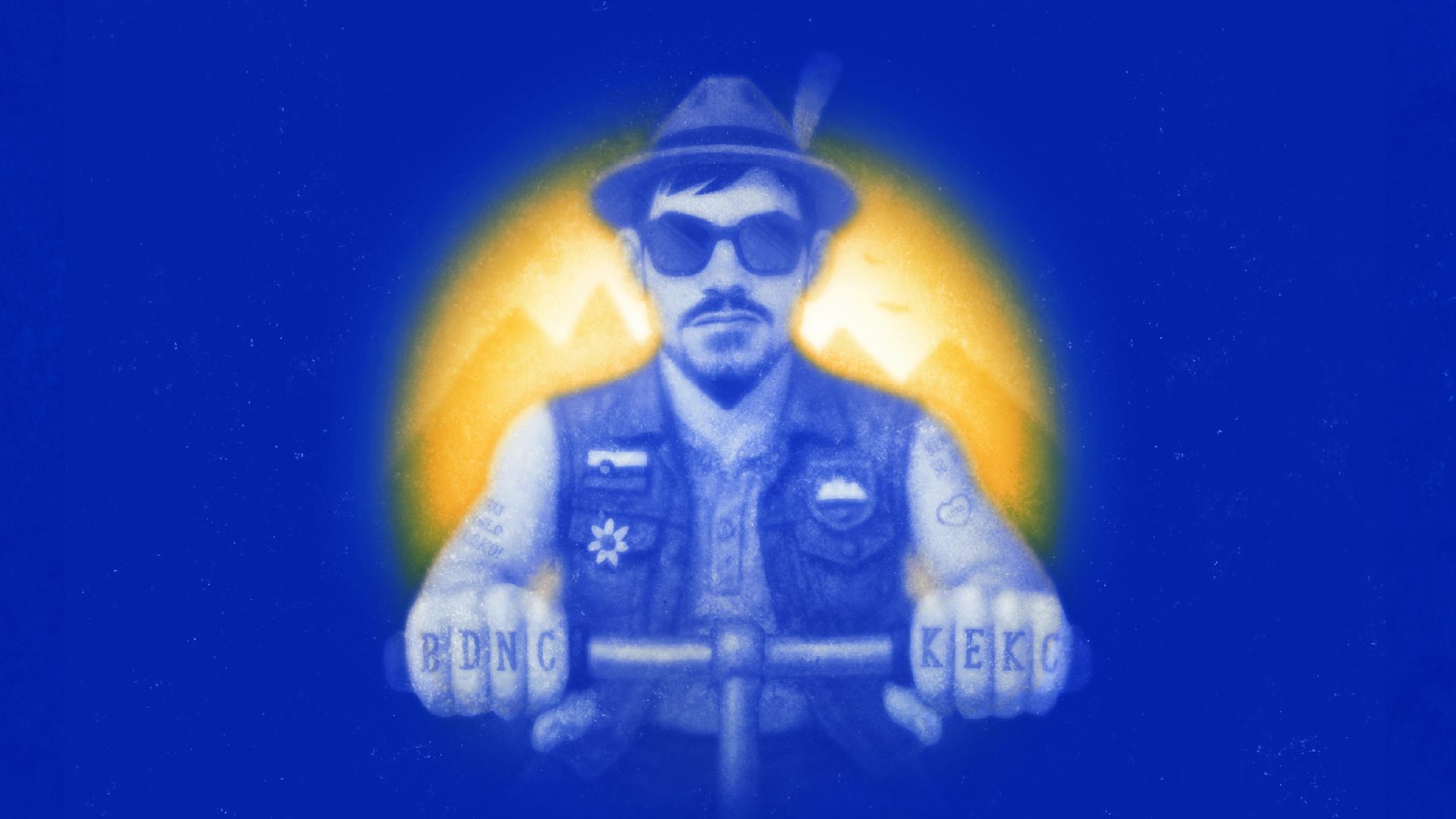Kekec vs. Kekec
2026
A baptismal production
Based on the motifs from Josip Vandot
PREMIERE
28. marec 2026
SNG Nova Gorica, big stage
As usual, Kekec wants to outsmart Bedanec, but something unexpected happens: Bedanec asks Kekec to trade places for a single day, because his mother is coming to visit from the valley and she would be very sad if she saw what a villain her son has become. At first, they both struggle to adjust to their new roles, but Bedanec nevertheless manages to discover some dormant buds of goodness within himself. Meanwhile Kekec’s newfound powers go straight into his head and he might be on his way to outdo Bedanec himself in the villainy. And what are Rožle, Mojca and Pehta like today?Will they be able to stop the tyrannical Kekec? And, as if that weren't enough, a wealthy man has appeared who wants to turn their mountains into an amusement park called Planšarlandija. Will our heroes give in or will they resist him?
Kekec is one of the Slovenian stories closest to a national myth. While it may not be foundational, we do like to identify with the innocent, if at times mischievous, little shepherd who has to stand up to the adults who break the rules in the idyllic alpine valley and bully those weaker. Kekec has become an iconic figure through film adaptations, preschool children sing his song, and his friend Rožle is a synonym for, well, a kekec, while the quotes (mostly from the films, for example: “Livelier, jumpier!”) have entered the national lore. Kekec represents the forces of light and goodness, while Bedanec personifies evil and wrongdoing. But are their roles truly so finite and set in stone?
The new story of Kekec, reimagined from the motifs of Josip Vandot by the popular writer, translator, stand-up comedian and rapper Boštjan Gorenc – Pižama, takes place in an unspecified space between then and here. Protagonists’ characters have been enhanced with quirky traits from the modern world, with which the target audience identifies. The production, filled with joyful reggae and ska music by the legendary Elvis Jackson, will be directed by Matjaž Pograjc, an outstanding creator of shows for children, young adults and adults.
To me, the main theme of the play is exploring the boundary between good and evil and asking whether a bad deed from the past can irreversibly taint us, or can we change and improve? How can power corrupt us? How much self-control does one need to not give in to the temptation, and how can people around help? What happens if the story loses its usual antagonist in the end? Is the antagonist to all the characters actually the society as a whole?
Boštjan Gorenc – Pižama
Creators
-
Director
Matjaž Pograjc -
Dramaturg
Tereza Gregorič -
Language Consultant
Anja Pišot -
Set Designers
Matjaž Pograjc, Sandi Mikluž -
Costume Designer
Pia Narobe Gorišek -
Composers
Elvis Jackson -
Repetiteur
Anže Vrabec -
Choreographer
Branko Potočan -
Video Designer
Luka Dekleva -
Light Designer
Matjaž Pograjc
Performing
Bedanc
Jure KopušarKekec
Jakob ŠfiligojMojca
Lara FortunaRožle
Andrej ZalesjakPehta
Blaž ValičBrincelj
Maja PoljanecGeneral Manager
Gorazd Jakomini



